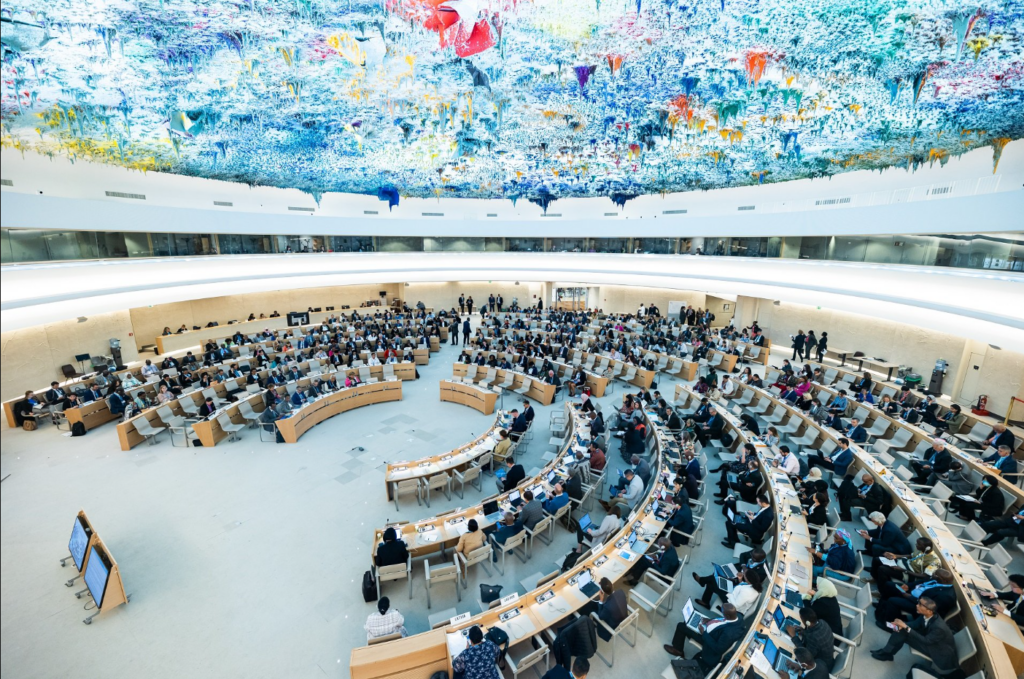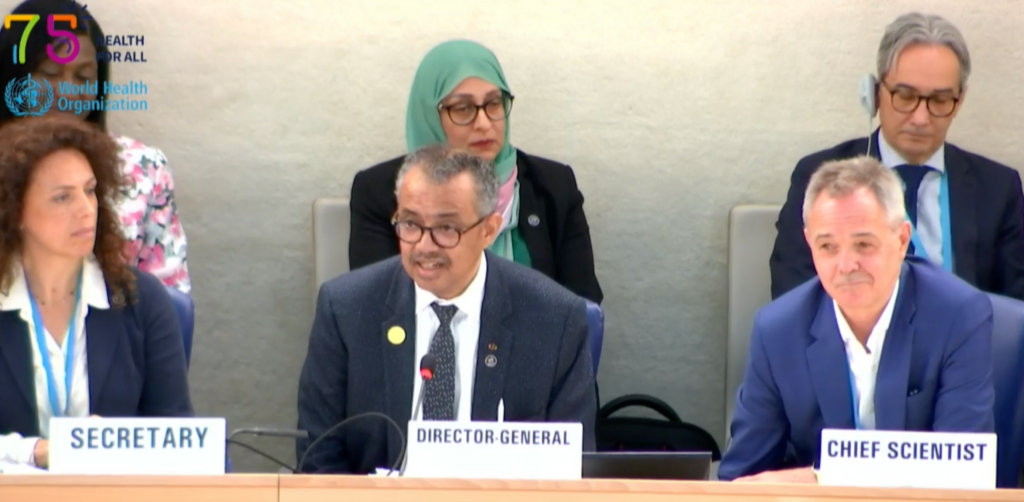Health system rehabilitation resolution 2023

The landmark resolution on improving rehabilitation in health systems, led by Israel and cosponsored by 20 nations, was approved by the World Health Assembly. The resolution emphasizes rehabilitation in primary care and disaster planning and response as part of Universal Health Coverage (UHC).
Thirty-six speakers—30 Member States, 5 NSAs, and the WHO Secretariat—spoke throughout the discussion. Four Member States spoke for African, Eastern Mediterranean, European Union, and cosponsoring consortiums. Six more NSAs supported the resolution in writing.
Member States stressed the need for rehabilitation from communicable and noncommunicable illnesses and injuries. Rehabilitation was stressed for good aging. Rehabilitation should be universal and incorporated into health strategy and delivery.
Rehabilitation improves life and community participation. Member States underlined the need of integrating rehabilitation services into national health plans and strategies, inter-ministerial and intersectoral collaboration, and meaningful user engagement.

Historic agreement to improve health care rehabilitation
The WHO Secretariat acknowledged that nations don’t always employ, prioritize, or fund rehabilitation methods. Member States underlined the importance of rehabilitation in emergency planning and response.
Assistive technology is crucial to robust and responsive rehabilitation systems and services, delegates stressed. Like rehabilitation, the WHO Secretariat’s assistive technology tools strengthened the industry. Psychological aid, sexual violence recovery, and cancer treatment were also highlighted by Member States.
Member States provided unique methods and detailed proposals. Namibia’s financial incentives for rehabilitation students meet the Islamic Republic of Iran’s manpower shortage and quantitative indicator development.
Delegates acknowledged WHO’s important role in strengthening rehabilitation in health systems and requested WHO to develop feasible targets and indicators; develop a baseline report on rehabilitation in health systems by 2026; support Rehabilitation 2030, including technical guidance and resources; ensure appropriate resources are allocated at its headquarters, regional, and local levels; and integrate rehabilitation and assistive technology.
Member States: Sweden (EU and candidate countries), Nigeria (AFRO countries), Oman (EMRO countries), Slovakia (cosponsoring countries), Bahrain, Norway, Bahamas, Thailand, Solomon Islands, Russian Federation, Namibia, Nepal, Philippines, Japan, Kenya, Australia, Jamaica, India, Malaysia, China, USA, Brazil, Iran (Islamic Republic of), Colombia, Argentina, Türkiye, South Africa, Ethiopia, Saudi Arabia,
Non-State players who spoke: Handicap International Federation, World Heart Federation, Worldwide Hospice Palliative Care Alliance, NCD Alliance, International Association for Hospice and Palliative Care.
CBM Christoffel Blindenmission (CBM) presented written remarks. Christian Blind Mission e.V., International Psycho-Oncology Society, International Society of Physical and Rehabilitation Medicine, Royal Commonwealth Society for the Blind/Sightsavers, World Confederation for Physical Therapy, World Federation of Occupational Therapists.
